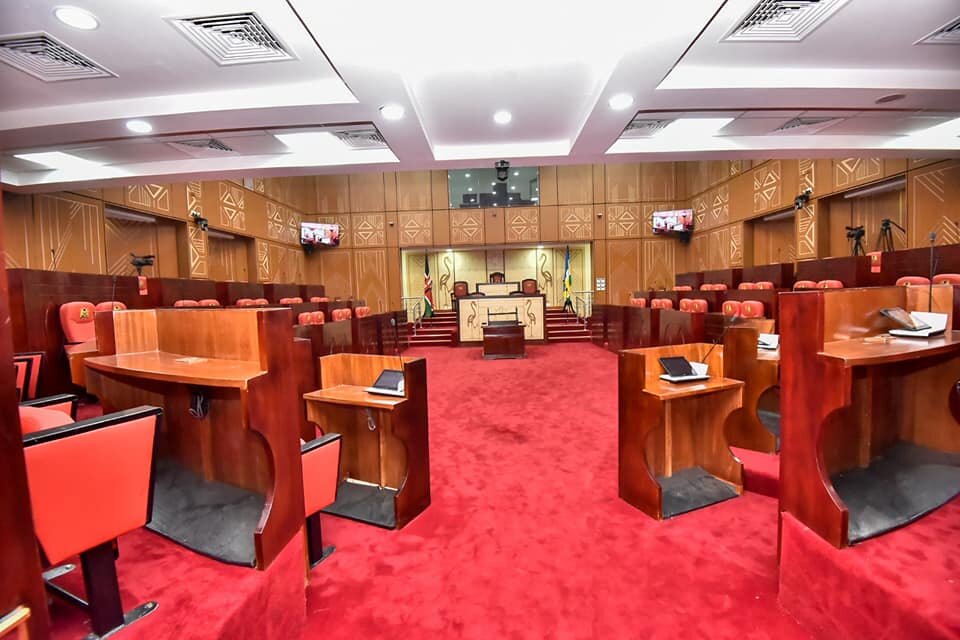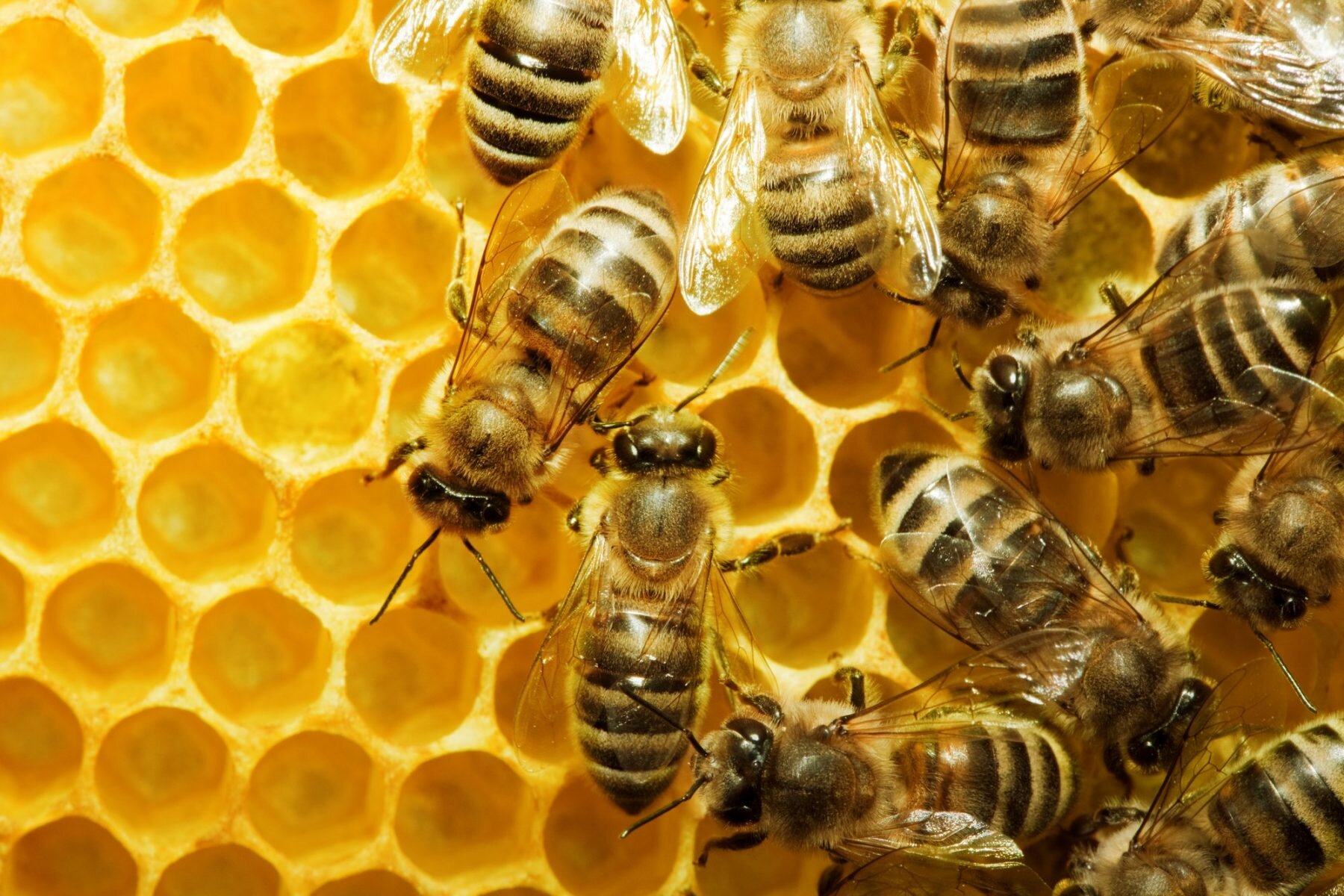Nakuru City will this year host the Regional World Bee Day (WBD) celebrations from the 18th – to the 20th of May 2022.
The yearly event is commemorated to raise awareness about the importance of bees and other pollinators for humanity in food security, global hunger eradication, and environmental and biodiversity conservation.
Under the theme; “Bee engaged: Celebrating the contribution of bees to the environment, food security and income generation to mankind.”
The forum will share knowledge from across the world, and draw the attention of the public and decision-makers to the importance of protecting bees as well as halting the further loss of biodiversity and degradation of ecosystems following the Paris Agreement.
FAO estimates that bees contribute to the pollination of food worth between $ 235 and $ 580 billion every year and that their decline continues to strain food systems.
Intensive farming practices, excessive use of agrochemicals, habitat loss, and adverse effects of climate among other issues have been identified as key hindrances causing the depopulation of bees and loss of colonies.
With such challenges, there is a need to come up with solutions that are resistive to the increasing bee population globally.
According to FAO, Kenya ranks third in Africa after Tanzania which is the largest producer of honey and produces approximately 31,405 tonnes annually while Angola ranks second producing about 23,500 tonnes annually.
As of 2020, Kenya’s production of honey was at 17,801 tonnes, up from 13,877 tonnes the previous year, this is a change of 28.28%.
Speaking during a past apiculture stakeholders’ workshop, State Department for Livestock Production Principal Secretary, Mr Harry Kimtai, expressed concern that new pests and farm pesticides have hit colonies hard.
“We’re collaborating with devolved units to halt the alarming depletion of bee colonies. Bee colony multiplication initiatives include capacity building, beekeeping equipment distribution, and bee bulking,” revealed PS Kimtai.
Despite the potential of honey production and the benefits of apicultural activity, very little income accrues from the activity.
The government in its progress, in the Big Four Agenda on 100% food and nutrition security, is committed to enhancing honey production from 25,000 tonnes to 38,000 tonnes by the year 2022.
Beekeeping offers an alternative source of livelihood and protects biodiversity and should ideally be established away from human interaction with enough bee forage and all-year-round availability of water to provide favourable conditions for beekeeping.
Nakuru County Executive Committee Member for Agriculture, Livestock and Fisheries, Dr Immaculate Maina, says that, ‘’bees have become increasingly endangered with one million species facing extinction. Thus, beekeeping should be embraced as an alternative environmentally friendly income-earning enterprise.”
‘’We hope that by hosting this event, we will be able to proactively assist in the opening up of our county by giving marketing opportunities and investment prospects in the apiculture industry,” Dr Maina noted.
“We also anticipate important topics discussed during the three-day forum, such as the role of women in the sector as those most affected by climate change, solutions to save our bee species from extinction, and how we can continue to rely on pollinators to save us from the current climate crisis,” she concluded.
Acting CEO of the Apiculture Platform of Kenya (APK), Mr Frederick Otieno Odera, says that beekeeping has significant potential in Africa to improve rural incomes and diversify livelihoods.
“We hope the commemoration of the National World Bee Day will showcase new technologies and sustainable measures from across the world in the apiculture industry and provide sustainable solutions to save our bees in the current climate crisis,” said Otieno.
The Apimondia Regional Commission (ARC) President, Mr David Mukomana, in a statement, said the three-day program will include technical tours to see beekeeping within Nakuru County and any other areas, exhibitions, seminars and the actual celebrations.


















